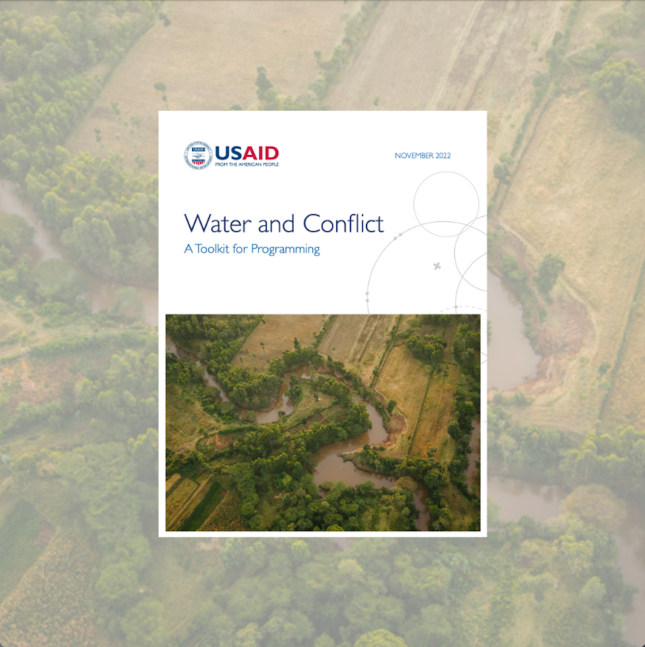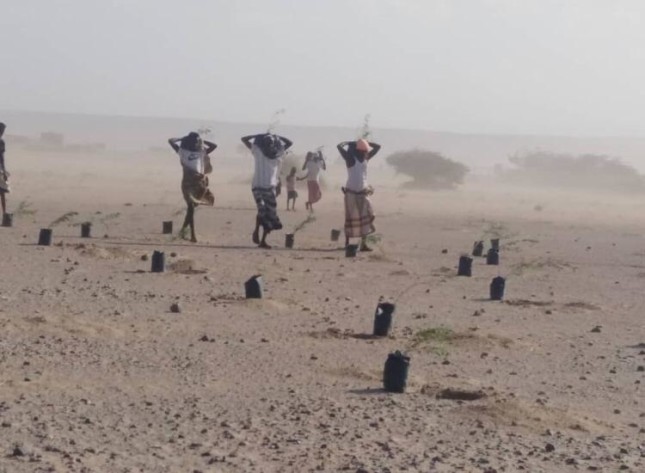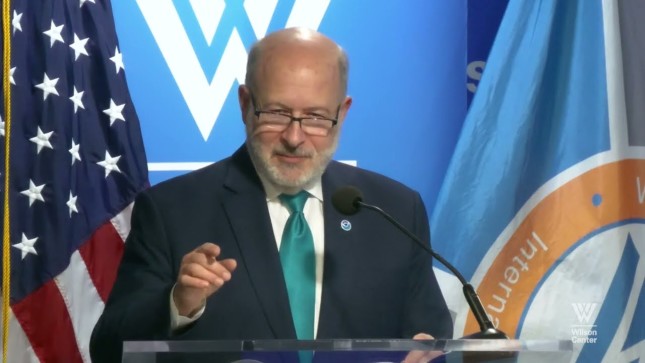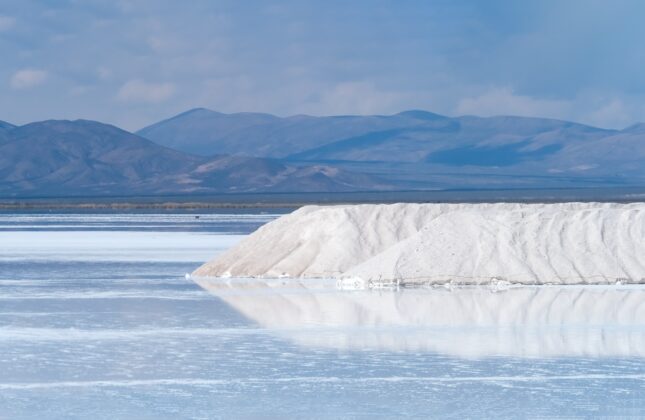-
What’s Next in Climate Security Studies? Exploiting Synergies Between Practice and Research
›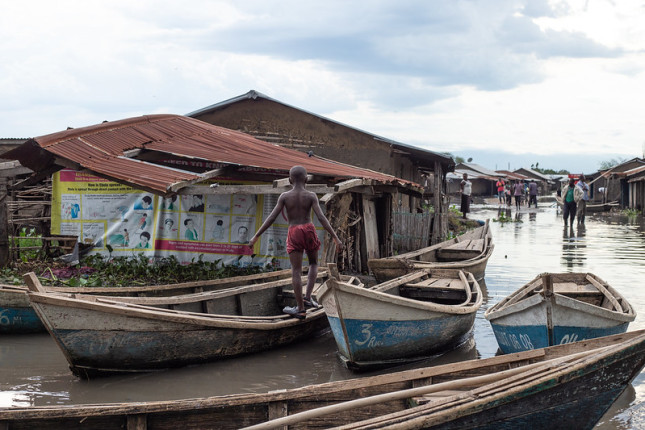
The increase in global temperatures by over 1 degree Celsius since preindustrial times is already having broad and significant impacts. An ongoing multi-year drought in Eastern Africa, for instance, has been attributed to global warming. Hunger crises, displacement, and exacerbated conflict between pastoralist groups are some of the reported dire consequences.
-
China’s Climate Security Vulnerabilities
›
Climate change’s ripples reach every corner of the globe, but nowhere is their geopolitical impact more pronounced than in China’s relations with the United States. This is especially the case as the undisputed security risks posed to both nations by climate change become intertwined with broader arcs of political, economic, and military competition on both sides.
-
USAID’s Revised Water and Conflict Toolkit
›
Links between water and conflict seem to crop up everywhere one looks these days. The Horn of Africa will soon face a sixth consecutive failed rainy season in 2023—its worst drought on record. Not only is this drought a consequence of global climate change, but it has also led to widespread food shortages and local civil conflicts. And over the past year in Ukraine, Russian troops have directly damaged that nation’s already vulnerable water systems, including pipelines, pumping stations, and treatment facilities. These repeated attacks on water infrastructure have not only undermined local livelihoods in Ukraine, but they have also polluted surface waters and threatened biodiversity.
-
Climate Security in The Horn: Crafting a Broader Role for Non-State Actors in IGAD
›
The Horn of Africa now faces an unprecedented drought, with conditions not seen in the last 40 years. The implications of this looming catastrophe reach beyond the most recent severe drought periods in the region, which occurred in 2010 and 2011 and again in 2016 and 2017.
As of November 2022, over 36 million people in the Horn were affected by drought, including 24.1 million in Ethiopia, 7.8 million in Somalia, and 4.2 million in Kenya. More than 20 million children in Djibouti, Ethiopia, Kenya, and Somalia need immediate water and food assistance. In addition, nearly 1 million pregnant and lactating women are acutely malnourished. Since mid-2021, more than 9.5 million livestock have perished in the region due to a lack of water, starvation, and disease.
-
Conflict and Copper
›Guest Contributor // February 13, 2023 // By Morgan Bazilian, Aaron Malone & Eliseo Zeballos ZeballosGlobal demand for copper has climbed dramatically in recent years, a trend that is likely to continue apace. Peru is the world’s second largest producer of copper. Yet the clamor for copper is an opportunity that the nation is unable to seize upon at present. Peru is now undergoing severe political upheaval and protests that have brought new attention to the underlying risks in extractive industries and supply chains. Production cuts stemming from protests and blockades could amount to 3 percent of global copper output.
-
Water @ Wilson Event | Water, Peace, & Security: New Tools for a New Climate
›Water sustains life on our planet. And access to clean and safe water is foundational to society. So why has it only been in recent years that water has risen to the top of discussions of climate and security? Richard W. Spinrad, the Under Secretary of Commerce for Oceans and Atmosphere and NOAA Administrator, says that one of the biggest reasons is the major impact that climate-related changes in precipitation like droughts and extreme rainfall are having across the globe: “We’re starting to see things like we’ve never seen before. The nature of storms is changing: We saw five feet of rain fall in Hurricane Harvey. Five feet.”
-
One Earth, one security space: from the 1972 Stockholm Conference to Stockholm+50 and beyond
›The 1972 United Nations Conference on the Human Environment marked a watershed in world environmental politics. Gathered in Stockholm, Sweden, the international community collectively recognized that the technologies and economic models that enable modern development were also driving unsustainable environmental degradation, compromising the vital natural systems on which human well-being depends.
-
Creating a Just Transition in Green Minerals: A New Video from the Wilson Center and its Partners
›We need minerals to build the solar panels, wind turbines, and other technologies that will decarbonize our economies—and we need a lot of them. The World Bank estimates that demand for lithium, cobalt, and graphite could jump by as much as 500 percent by 2050. Yet mining for these resources has had a fraught history, and it continues to be associated with a hefty list of human rights and conflict risks, including violence, child labor, poor working conditions, land rights abuses, environmental damage and pollution, and a lack of community participation.
Showing posts from category cooperation.



